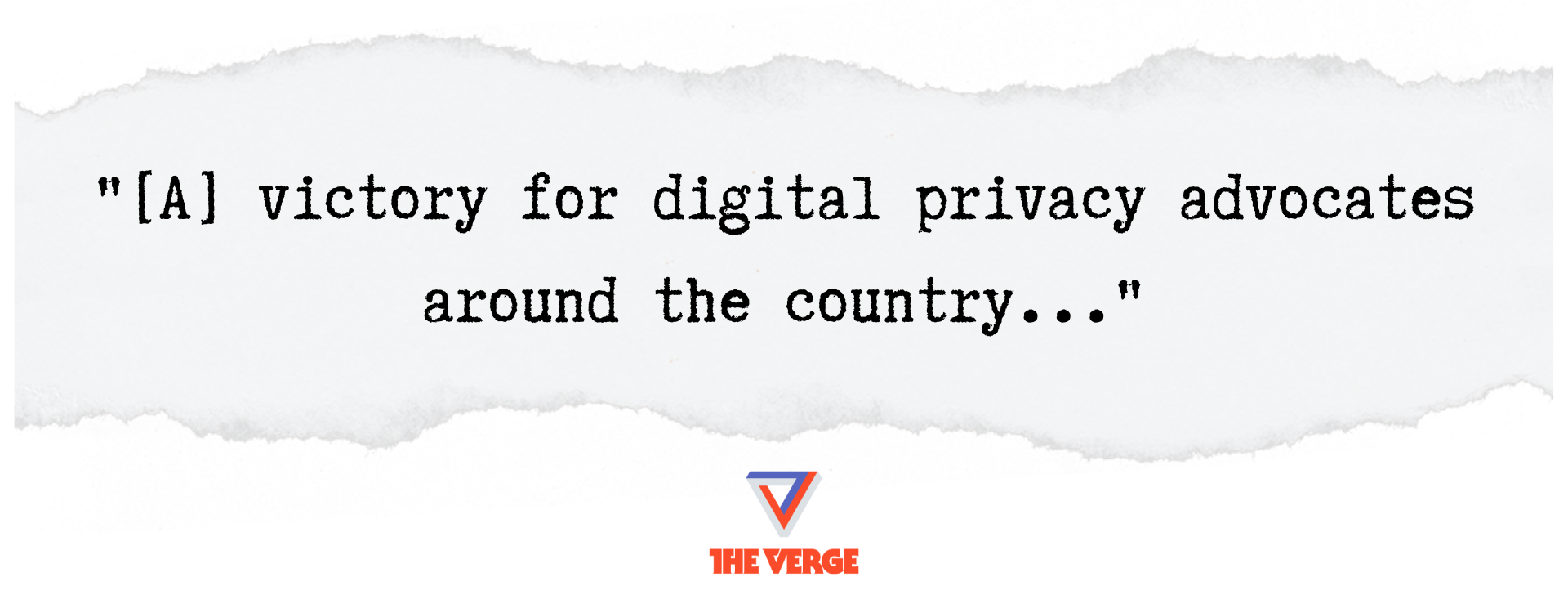
Bolek Besser Glesius obtains “landmark” victory for student privacy rights in Fourth Amendment case with major implications for the future of remote learning
A Cleveland State University student has won a major victory in Ohio federal court, breaking new ground for student privacy rights in the age of remote learning. The case appears to be the first in the nation to hold that the Fourth Amendment protects students from unreasonable video searches of their homes before taking a remote test.
Even before the pandemic, students across the nation were increasingly learning online. Many, if not most, do so from home. Despite many other safeguards against cheating, Cleveland State University has a practice of commandeering student webcams to preemptively search their homes—and even their bedrooms—before taking remote tests. Known as a “room scan,” the practice compels students to use their webcams to show a school official their entire room before a remote test begins. The room scans are visible not only to the school officials but to the student’s classmates as well. CSU conducts these searches with neither a warrant nor reasonable suspicion to believe they would uncover any evidence of wrongdoing.

After being subjected to a warrantless room scan of his bedroom before a chemistry test, CSU student Aaron Ogletree sued the University under the Fourth Amendment. Coming just as the new school year began, on August 22, 2022, a federal judge in the Northern District of Ohio ruled in Ogletree’s favor, holding in a 24-page opinion that “Cleveland State’s practice of conducting room scans is unreasonable under the Fourth Amendment.” The groundbreaking decision quickly drew international attention and is already being hailed as “a victory for digital privacy advocates around the country….“ Indeed, Ogletree’s case is likely to have significant implications for student privacy rights across Ohio and the nation as other similar cases are sure to soon follow.
Ogletree is represented by the civil rights lawyers at Bolek Besser Glesius. Said lead counsel Matthew D. Besser, “Freedom from government intrusion into our homes is the very core of what the Fourth Amendment protects. If there is any place where students have a reasonable expectation of privacy, it’s inside their homes. CSU’s warrantless webcam searches of student homes tramples that fundamental privacy right. The Framers would have recoiled at the idea of a school official physically entering a student’s home without a warrant to preemptively search for evidence the student might cheat on a test. CSU’s use of webcams to snoop inside student homes is no different. It is an unnecessary and unreasonable intrusion on student privacy, and it violates the Fourth Amendment.”
The case is Ogletree v. Cleveland State University, N.D. Ohio Case No. 1:22-cv-0500. A copy of the decision can be found here and a copy of Ogletree’s initial brief can be found here.

